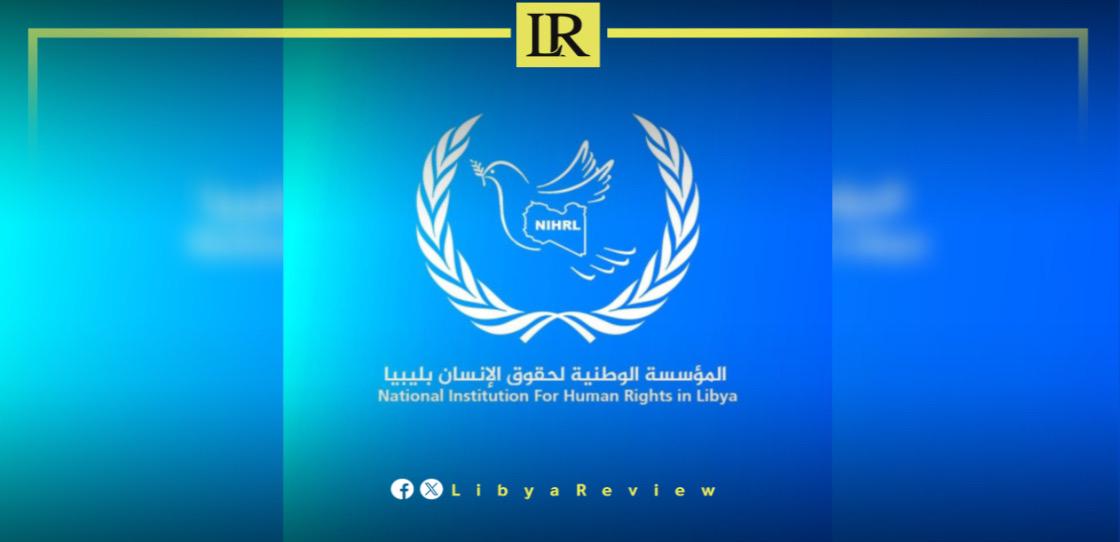The National Institution for Human Rights in Libya has issued a statement denouncing the alleged corruption and misconduct within the Human Rights, Rule of Law, and Transitional Justice Division of the United Nations Support Mission in Libya (UNSMIL). The statement highlighted the failure of some staff members in fulfilling their professional and ethical duties, accusing them of exclusionary practices, mismanagement, and exploitation of their roles for personal gain.
The institution expressed its strong disapproval of what it described as “systematic marginalization” of active Libyan human rights and legal organizations by specific UNSMIL staff. Notably, employees Samira Abu Salama and Cora Andrew were singled out for fostering a culture of favoritism and undermining Libyan stakeholders based on personal biases rather than objective criteria.
Allegations of Corruption and Neglect
The statement accused the division of selective engagement with Libyan civil society organizations and deliberately sidelining human rights defenders critical of the division’s performance. It also noted instances where the division failed to document and address violations against activists, including those subjected to arbitrary detention and abduction, further exacerbating the challenges facing human rights defenders in Libya.
The institution called these actions severe violations of human rights and a betrayal of the division’s mandate to protect victims and uphold justice. It emphasized the need for urgent reforms to ensure accountability and impartiality within UNSMIL.
Demands for Immediate Action
The National Institution for Human Rights in Libya has urged the UN to restructure the Human Rights, Rule of Law, and Transitional Justice Division, replacing staff with neutral and competent professionals. The statement also called for:
Separation of Human Rights Functions: Establishing an independent mechanism under the Office of the High Commissioner for Human Rights (OHCHR) to monitor and report on violations in Libya, separate from UNSMIL’s mandate.
Accountability Measures: Investigating allegations of misconduct by UNSMIL staff, particularly those accused of corruption, bias, and neglect of duty, to ensure justice and accountability.
Support for Libyan Sovereignty: Reaffirming that UNSMIL’s role is to facilitate dialogue and support Libyan-led initiatives, rather than impose decisions or undermine national institutions.
The institution also criticized the failure of UNSMIL to address critical issues, including transitional justice, human rights violations, and migration challenges, attributing these shortcomings to inefficiency and corruption within its ranks.
Call for Comprehensive Reforms
The statement reiterated the institution’s demand for restructuring UNSMIL, emphasizing that reforms are essential to improving its effectiveness. It stressed that the success of UNSMIL depends on its ability to facilitate national reconciliation, support democratic processes, and meet the aspirations of over 2.5 million registered voters awaiting elections in Libya.
In conclusion, the National Institution for Human Rights in Libya called on the UN High Commissioner for Human Rights and the UN Office of Internal Oversight Services to investigate all allegations against UNSMIL staff, ensuring accountability and transparency in addressing systemic issues.


